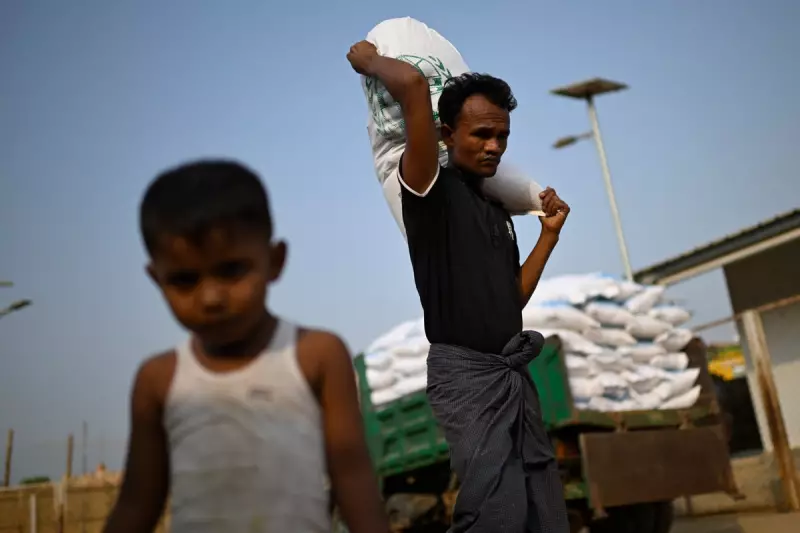
The UK government has implemented significant cuts to its humanitarian aid programme supporting Rohingya refugees in Bangladesh, despite ongoing critical needs in the overcrowded camps.
Official documents reveal that Britain's Foreign Office has substantially reduced funding for essential services in the Cox's Bazar refugee settlements, home to nearly one million Rohingya Muslims who fled persecution in Myanmar.
Humanitarian Crisis Deepens
The aid reduction comes at a time when humanitarian organisations are reporting deteriorating conditions in the camps. Basic services including healthcare, sanitation, and food security are being severely impacted by the funding shortfall.
Medical facilities are particularly strained, with reports indicating that some health centres have already reduced their operating hours or closed entirely due to lack of resources. This poses significant risks to vulnerable groups including children, elderly refugees, and pregnant women.
International Response and Concerns
Human rights organisations have expressed alarm at the timing of these cuts. "We're witnessing a perfect storm of reduced funding and increasing needs," stated one aid worker who requested anonymity due to the sensitivity of the situation.
The funding reduction appears to be part of broader cuts to Britain's international aid budget, which have affected several humanitarian crises worldwide. However, the Rohingya situation represents one of the most severe refugee crises globally.
Background of the Crisis
The Rohingya refugee crisis began in 2017 when hundreds of thousands of Rohingya Muslims fled violent persecution in Myanmar's Rakhine State. The mass exodus created one of the fastest-growing humanitarian emergencies in recent history.
Bangladesh, while providing sanctuary, has struggled to maintain adequate support for the massive refugee population. International aid has been crucial in preventing even greater humanitarian catastrophe.
With the UK's reduced contribution, other donors are facing pressure to increase their support, but global economic pressures have made additional funding difficult to secure.






